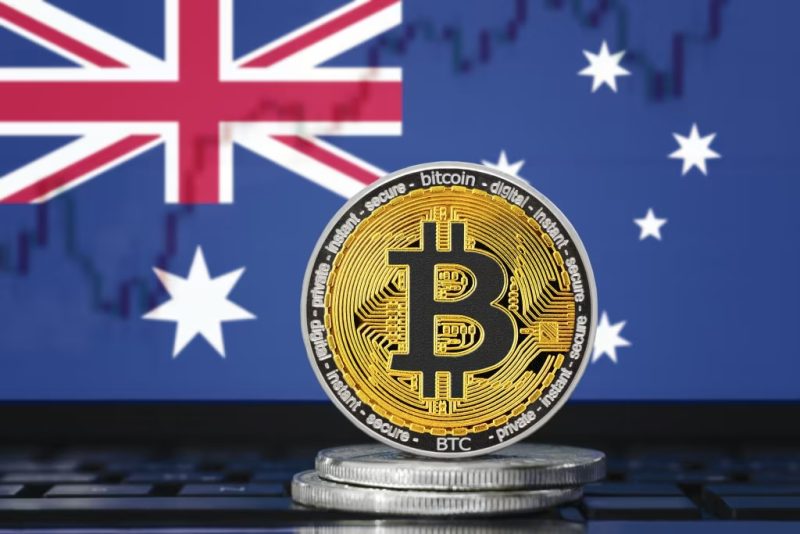Regulatory Scrutiny Intensifies for Binance Australia
AUSTRAC, Australia’s financial intelligence authority, has directed Binance Australia to hire an independent auditor to examine its anti-money laundering (AML) and counter-terrorism financing (CTF) systems. The announcement, made on August 22, 2025, comes after regulators flagged multiple issues within the exchange’s local compliance setup.
The investigation uncovered major shortcomings in internal oversight and governance. AUSTRAC pointed out that Binance Australia, operated by Investbybit Pty Ltd, lacked strong senior management control, had inadequate local staffing, and suffered from frequent staff turnover. To make matters worse, its internal compliance review was narrow in scope and didn’t reflect the complexity of its operations.
AUSTRAC Pushes for Stronger Local Standards
The agency has given Binance Australia 28 days to propose independent auditors who can assess whether its compliance measures align with Australian regulatory standards. AUSTRAC emphasized that global templates for AML/CTF aren’t enough—local rules require tailored, jurisdiction-specific systems.
While the order isn’t a direct penalty, it places Binance under pressure to raise its standards. The exchange acknowledged AUSTRAC’s concerns and expressed its intent to cooperate. It also framed the process as a routine supervisory review, not an enforcement action, and stated that it views the audit as a chance to improve its compliance strategy.
Binance Faces Mounting Pressure from Regulators
This isn’t the first time Binance has drawn regulatory attention in Australia. Back in December 2024, the Australian Securities and Investments Commission (ASIC) filed a lawsuit against its derivatives division, accusing it of incorrectly classifying retail investors as wholesale clients.
Together, the actions by AUSTRAC and ASIC reflect a broader effort by Australian authorities to bring cryptocurrency firms in line with traditional financial regulations. Experts see these steps as part of a growing trend to crack down on digital asset platforms that fall short of compliance standards.
As governments worldwide seek to regulate crypto more tightly, even industry leaders like Binance are learning that local compliance is no longer optional—it’s essential.
